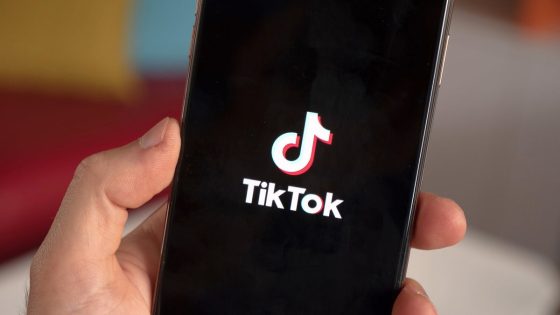TikTok ban in Montana blocked by federal judge،
For months, TikTok, owned by the Chinese company ByteDance, has been in legal conflict with the state of Montana. State lawmakers dropped the hammer by passing a bill to ban the app, arguing the ban is necessary to protect residents’ data from the Chinese government, fueling the national movement to exclude TikTok government-owned devices. reported by The New York Times, a federal judge in Montana, Donald W. Molloy, temporarily stayed the statewide ban on TikTok that is expected to take effect next year. Judge Molloy emphasized Montana’s role in protecting its residents, but stressed the importance of acting within constitutional legal boundaries.
He granted a preliminary injunction, saying the ban on the Chinese app likely violated the First Amendment and a clause allowing Congress to regulate commerce with foreign countries.
Judge Molloy expressed skepticism about Montana’s motives, saying the Legislature and attorney general seemed more focused on the issue of China’s perceived involvement in TikTok than on protecting Montana consumers. He warned against state intervention in foreign affairs, suggesting that it would conflict with current U.S. foreign policy interests.
TikTok welcomed the judge’s decision, with Alex Haurek, a spokesperson for the company, saying the company was “happy that the judge threw out this unconstitutional law and that hundreds of thousands of Montanans can continue to express themselves, earn a living, and find community on TikTok“.
The Montana Department of Justice, represented by Emilee Cantrell, said Judge Molloy had “repeatedly indicated that the analysis could change as the case progresses.” Cantrell expressed his impatience as he presented a comprehensive legal argument in defense of the law, emphasizing its role in protecting Montanans from possible misuse of data by the Chinese Communist Party.
TikTok, maintaining its position not to share U.S. user data with officials in Beijing, deemed the law too broad and unconstitutional. The company had sought a preliminary injunction, making the legal battle a focal point of attention for free speech advocates, Big Tech groups and policymakers exploring similar restrictions in other states and at the national.
















